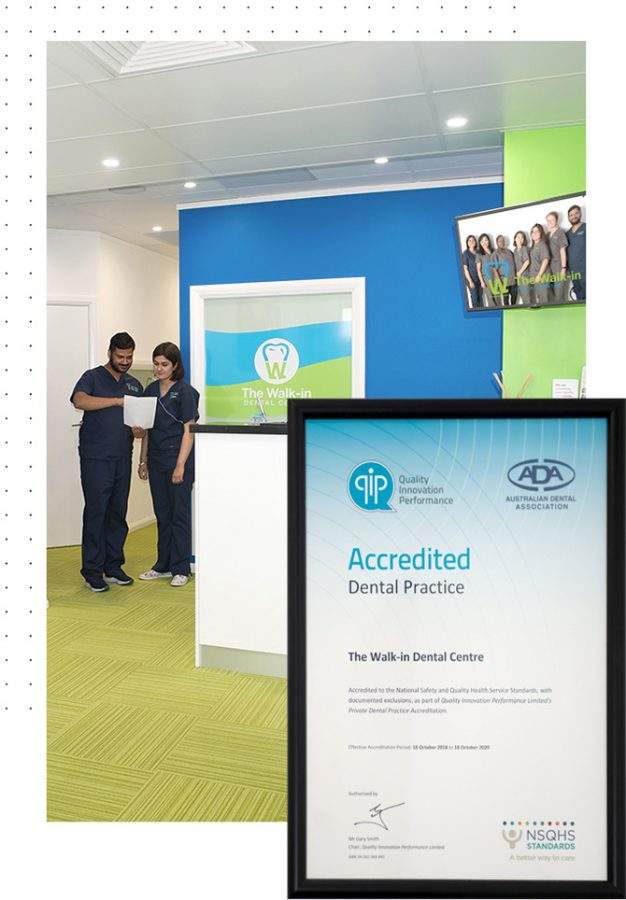Tooth sensitivity can be a frustrating and uncomfortable experience, often triggered by hot or cold temperatures, sweet or acidic foods, or even just breathing cold air. Here are 10 common causes of tooth sensitivity and how to treat them:
- Tooth Decay: Cavities can expose the inner layers of your teeth, leading to sensitivity. Treatment involves filling the cavities with dental materials like composite resin or amalgam.
- Gum Recession: When gums recede, they expose the sensitive root surfaces of your teeth. Treatment may involve gum grafting or using desensitizing toothpaste.
- Brushing Too Hard: Overzealous brushing can wear down enamel and expose dentin, causing sensitivity. Use a soft-bristled toothbrush and gentle brushing technique.
- Enamel Erosion: Acidic foods and beverages, as well as acid reflux, can erode enamel. Treatment includes fluoride treatments, dental bonding, or using enamel-strengthening toothpaste.
- Cracked Teeth: Cracks or fractures in teeth can expose the sensitive inner layers. Treatment varies depending on the severity of the crack and may include bonding, crowns, or root canal therapy.
- Teeth Grinding (Bruxism): Grinding or clenching your teeth can wear down enamel and lead to sensitivity. Treatment may involve wearing a nightguard to protect teeth while sleeping and stress management techniques.
- Dental Procedures: Sensitivity can occur after certain dental procedures like fillings, crowns, or root canals. Usually, it resolves on its own, but your dentist may recommend desensitizing treatments or medications.
- Whitening Products: Some teeth whitening products can cause temporary sensitivity. Using a toothpaste formulated for sensitive teeth or reducing the frequency of whitening treatments can help.
- Dental Plaque: Plaque buildup can lead to gum disease and enamel erosion, resulting in sensitivity. Good oral hygiene practices, including regular brushing, flossing, and dental cleanings, can help prevent plaque buildup.
- Exposed Tooth Roots: Receding gums or gum disease can expose the roots of teeth, which are more sensitive than the enamel-covered crown. Treatment may involve desensitizing agents, dental bonding, or gum grafting.
It’s important to see your dentist if you experience tooth sensitivity, as they can determine the underlying cause and recommend appropriate treatment. In addition to professional care, practicing good oral hygiene and avoiding habits that can contribute to sensitivity can help alleviate discomfort and protect your teeth.


